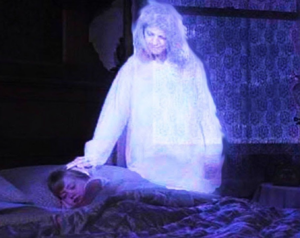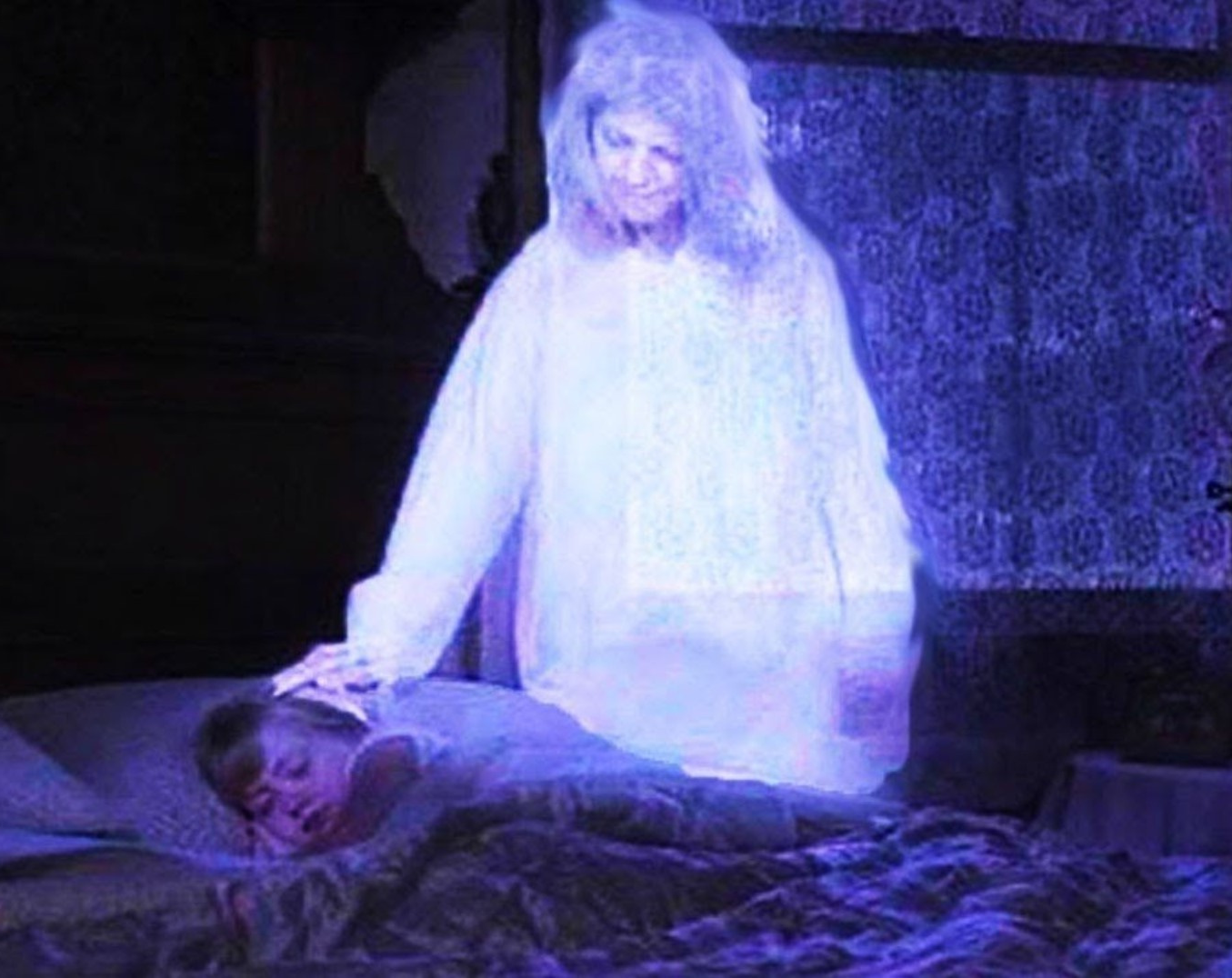What Significance Does It Hold When a Deceased Person Appears in Your Dream?
Dreaming about a loved one who has passed away can be distressing. The presence of the deceased person in your dream, whether you engage in conversation or simply listen to them, is believed to symbolize unexpected news or significant changes in your life.
However, interpreting such dreams might lead to hesitation, as some believe that the appearance of the deceased signifies that they have not found peace, prompting religious practices to fulfill their requests.

Psychologically, dreaming about an unknown deceased person could signify the conclusion of a certain phase in your life.
It is essential to ponder what it symbolizes when a deceased person appears in your dream. It could be related to suppressed emotions and broken social connections.
However, if the person in your dream is someone dear to you who recently passed away, there’s no need for alarm; it merely indicates that you are still grieving, which is entirely natural.
You may feel unmotivated, as if you are treading on thin ice, unable to move forward in life, no matter how hard you try.

Thus, the appearance of the deceased in your dream may represent a part of yourself that you wish to let go of.
Various interpretations exist based on the circumstances surrounding the appearance of the departed person in the dream:
If the deceased is still alive and plays a minor role in the dream, it might reflect buried feelings of love or other intense emotions for that person.
If the departed plays a significant role in the dream, and you attempt to assist them, it suggests unresolved issues between you and the deceased when they were alive.
If the departed person offers you advice in the dream, it indicates a need for guidance, security, and comfort in real life. Such dreams may provide solace, depicting how vulnerable and alone you feel.
Research conducted in 1992 classified four types of dreams related to the departed:
Dreams where the dreamer is shocked to see the deceased person alive, known as “resurrection” dreams, constituted 39% of the participants’ dreams. These dreams involve denial of the loved one’s passing.
Dreams where the dreamer receives guidance from the departed, occurring long after their absence, inspired positive emotions, signifying acceptance of the tragic event. These comprised 23% of the dreams.
Dreams where the departed bid farewell and offer reassurance, comforting the dreamer. This type accounted for 29% of the dreams.
Dreams in which the dreamer contemplates their own existence while thinking of the deceased, giving the dream a philosophical tone. This category represented 18% of all instances.
Such dreams reflect the subconscious attempt to cope with loss and pain. If you have these dreams, you may already be accepting the reality of your loved one’s passing, gaining wisdom and a sense of protection from the experience.
These dreams are not the most common, so paying attention to them and deciphering their messages about your present mental state can be beneficial.
